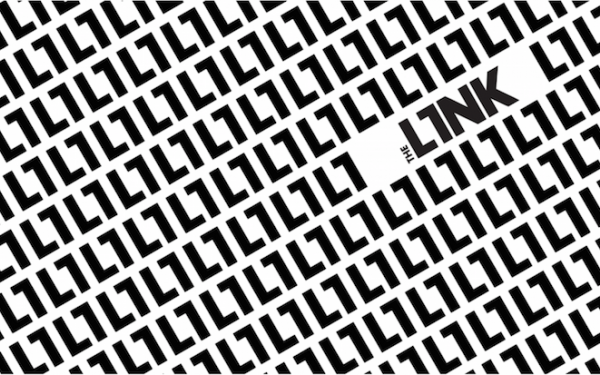Editorial: We Are Not a Voice for the Voiceless
As the topic of race is introduced throughout this issue, it’s important we start the conversation by acknowledging the land where Concordia lies.
The Kanien’kehá:ka nation is home to incredible Indigenous people who built and continue to intertwine history on the soil we now call Montreal. To be able to support the growth of Indigenous people’s history, we need to accept the dark history Canada holds against them and remind ourselves of where this city came from.
Last February The Link hosted a party in celebration of our annual race-themed issue. Though we had transitioned from a weekly newspaper to a monthly magazine, one thing had stayed the same: we continued to publish our race issue during February, which is also Black History Month.
During the panel discussion at the magazine’s launch we were called out by someone in the audience for relying on the unpaid labour of Black people during a month where they are called on to tell their stories — ones that are often ignored the other 11 months of the year. We tried to defend ourselves by listing our credentials when we should have just listened. For that, we apologize. Race is an incredibly important topic and it deserves attention every month of the year.
The Link is not a voice for the voiceless. This is a stale saying, and is a fallacy of what The Link stands for. We are a platform for voices that are often unheard, underrepresented and undermined. In our efforts as an advocacy publication—which should be practiced more widely—we strive for minorities to tell their own stories, rather than benefiting off of their suffering.
The backbone of The Link depends on those stories, as we continue to be in search of, and reach out to, diverse individuals to write for us and be part of our team.
Understanding racial dynamics from an academic perspective doesn’t actually mean all that much in 2018. We’ve come at least as far as acknowledging racism is a bad thing. But an intelligent person can read a theory and understand the arguments and the dynamics presented without coming even vaguely close to understanding how they participate in perpetuating them.
There are many well intentioned people who lack self awareness and the ability to critically examine their own behaviour and understand it. If there is a group of people talking about race and most of them are white, those should not be the voices speaking the loudest, asserting themselves most, or directing the conversation. They should most definitely not be the ones trying to dictate how people of colour share their experiences.
However, this is an all too common scenario in many leftist circles. Processing words on paper doesn’t equal asking thoughtful questions, or listening to someone’s words with care and an open mind.
With the rise of new beginnings, we acknowledge what it means to be held responsible for a mistake. Getting called out by a peer should not be seen as an attack on your being. Instead, it’s a callout to your humanity, to remind you that you are capable of understanding and empathizing with different perspectives. Rather than being reactive, it is important to be proactive and to initiate change within, so we can be able to correct mistakes committed. Use this moment as a learning experience. Be willing to listen and reframe criticism into kindness.




